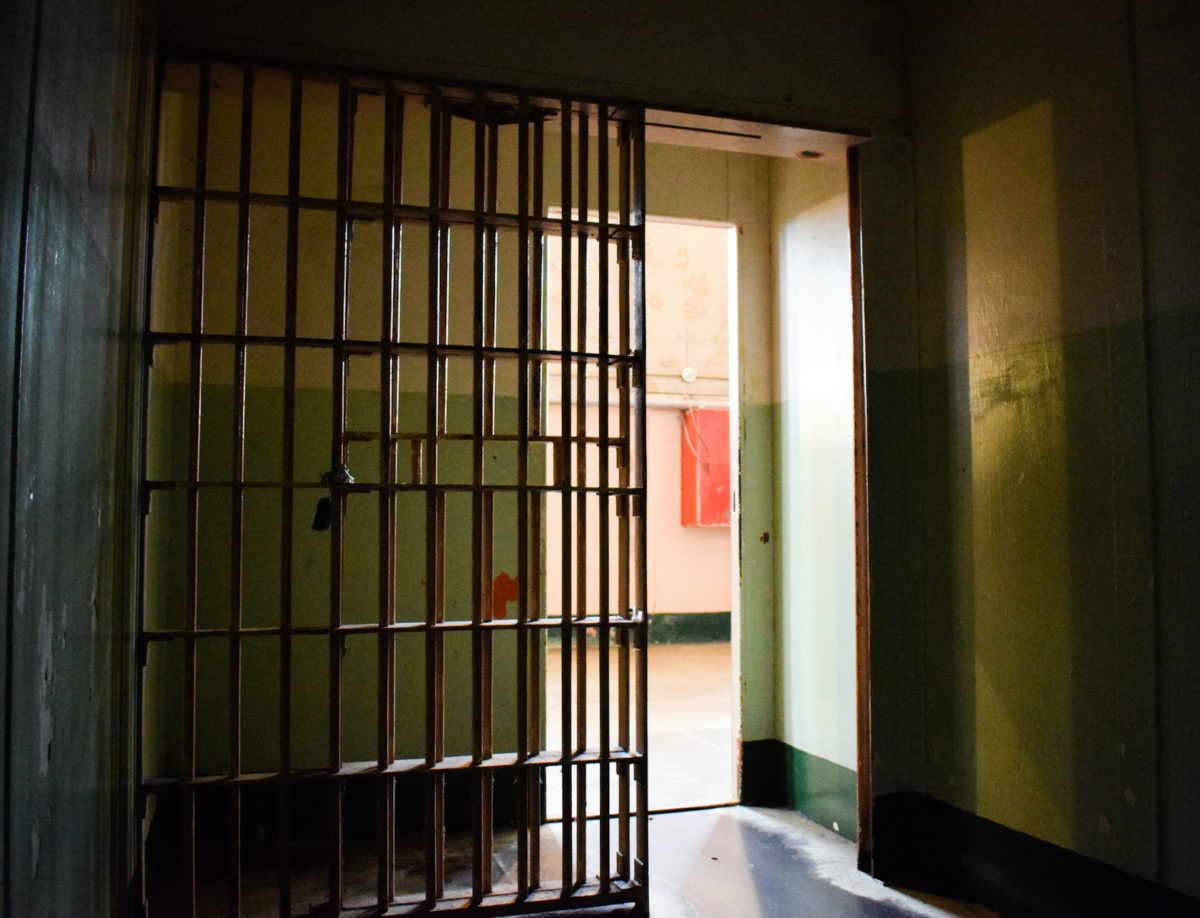Palm Beach County Sheriff Opposes Prisoner Release Amid Coronavirus Outbreak
Public defenders are working with the courts to secure release for people incarcerated in the Florida county, many of whom are jailed for low-level offenses.

As COVID-19 cases and deaths mount across the country, some sheriffs and state attorneys have shown a willingness to work with judges and public defenders to decrease jail populations to prevent the spread of COVID-19. But Palm Beach County Sheriff Ric Bradshaw has been a vocal opponent of release.
“I am not releasing anyone from the jail,” he said during a mid-March press conference. “They’re in there for a reason and they’re going to stay there.”
Under state law, Bradshaw cannot release people unless a judge orders him to do so. However, he can request that judges allow him to release people, as New Orleans Sheriff Marlin Gusman has done.
Elsewhere in Florida, some judges have ordered sheriffs to release some incarcerated people in response to the pandemic. In Hillsborough County, a judge authorized the sheriff to release 164 people arrested for low-level, non-violent charges from jail. In Miami-Dade County, the sheriff’s department has instructed officers to issue citations instead of making arrests for misdemeanors.
In Palm Beach County, though, 50 people were booked into the jail on one day in late March, on charges ranging from driving on a suspended license, cocaine possession, retail theft, trespassing, and unoccupied car burglary. Approximately 40 percent are for misdemeanors and municipal violations alone, said Carey Haughwout, the county’s public defender.
Haughwout told The Appeal that she opposes booking new people into the jail when COVID-19 has the potential to spread rapidly there.“Not only are they being exposed to a lot of other folks, a lot of other folks are being exposed to them,” She also noted that the sheriff has the power to issue a medical release or work with the courts to release people on house arrest.
Palm Beach has two jails—the 2,166-bed Main Detention Center, and the 998-bed West Detention Center. As of March 27, 1,621 peoplewere in custody there; Haughwout noted that the public defender’s office represents approximately 70 percent of them. As in many parts of the country, many of those languishing in the jail cannot afford to pay their bond.
“Simply because they’re poor, they’re required to be exposed to a dangerous environment over which they have no control,” said Haughwout.
Therese Barbera, spokesperson for the sheriff’s office, told The Appeal that the jail is following Centers for Disease Control guidelines and that it is “below its capacity.”
Still, the Main Detention Center remains a high-risk setting, and social distancing is nearly impossible, said Haughwout. She notes that people are held in open bays with bunk beds or in cells of two or more people. They share toilets, sinks, showers, and phones.
Prisoners are also exposed to staff and corrections officers, who enter and leave the jail every day. On April 4, a corrections sergeant died from COVID-19. That death, says Haughwout, has increased her clients’ fears about their health and safety inside the jail.
Bradshaw’s stated refusal to release people from the jail stands in stark contrast to his 2008 decision to allow Jeffrey Epstein, then serving an 18-month sentence for sex crimes against a minor, to leave on work release. During that time, Epstein allegedly continued to sexually exploit teenage girls.
His opposition also seems to run contrary to the county’s selection as a repeat grantee from the MacArthur Foundation’s Safety and Justice Challenge Network to reduce local incarceration. (In 2019, Palm Beach received $1.4 million from the MacArthur Foundation for a total of $3.78 million over four years.)
In an email to The Appeal, Kristina Henson, director of the Palm Beach Criminal Justice Commission, which manages the county’s Safety and Justice Challenge efforts, stated that the sheriff and his staff have been very supportive of their efforts though the challenge does not involve specific sheriff operations. She also noted that Palm Beach’s jail population is at a 25-year low.
The state attorney’s office told The Appeal that it will “not be making blanket policies on classes of crime” because of COVID-19. In an email, Mike Edmondson, executive assistant to the state attorney, noted that many people are processed and released through bond, on their own recognizance, or are issued a notice to appear.
At the end of March, public defenders in Palm Beach County filed over 100 motions to release people who are charged with non-violent, low-level offenses and detained for being unable to pay bond. Continued detention, they argued, exposes those incarcerated to “the ideal environment for the transmission of contagious disease.”
While judges have shortened the number of hours in which they’ll consider motions, Haughwout noted that she and her colleagues have been successful with judges agreeing to lower bonds and, in about 65 percent of these hearings, allowing people to be released on either substantially reduced bonds or on their own recognizance.
Still, the sheriff’s office continues to arrest and book people, and so, Haughwout’s office continues to file motions for their release.
“We will continue to fight to get people out of jail as quickly as possible,” said Haughwout.
